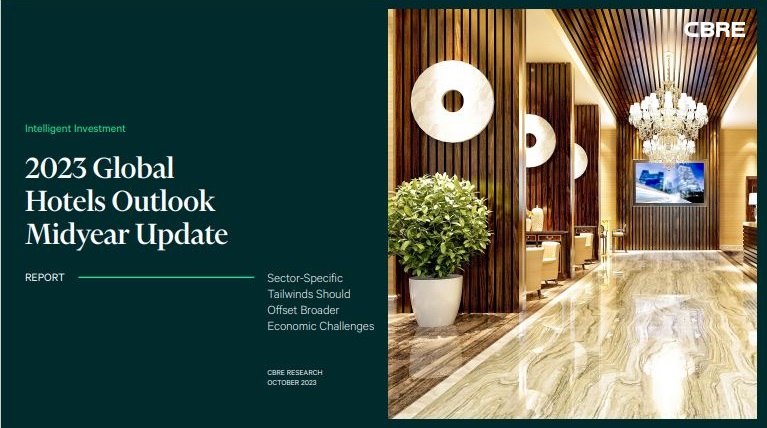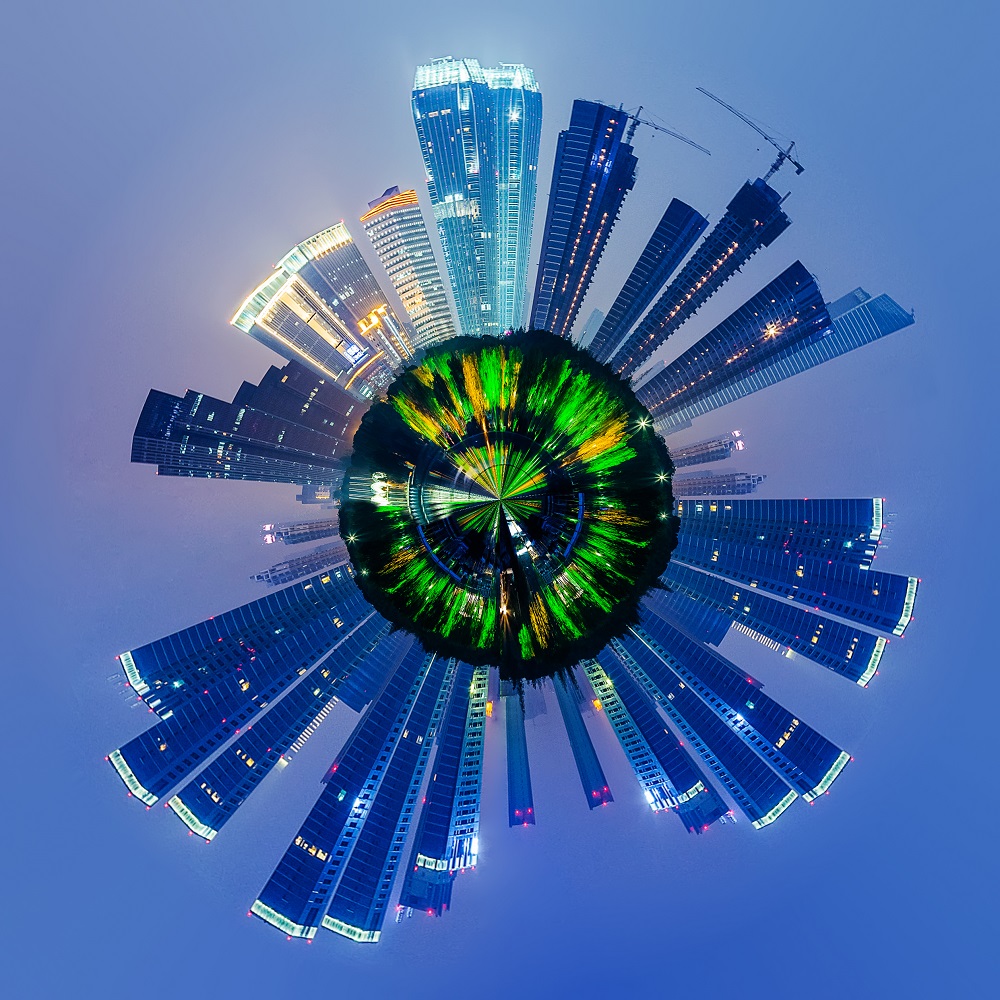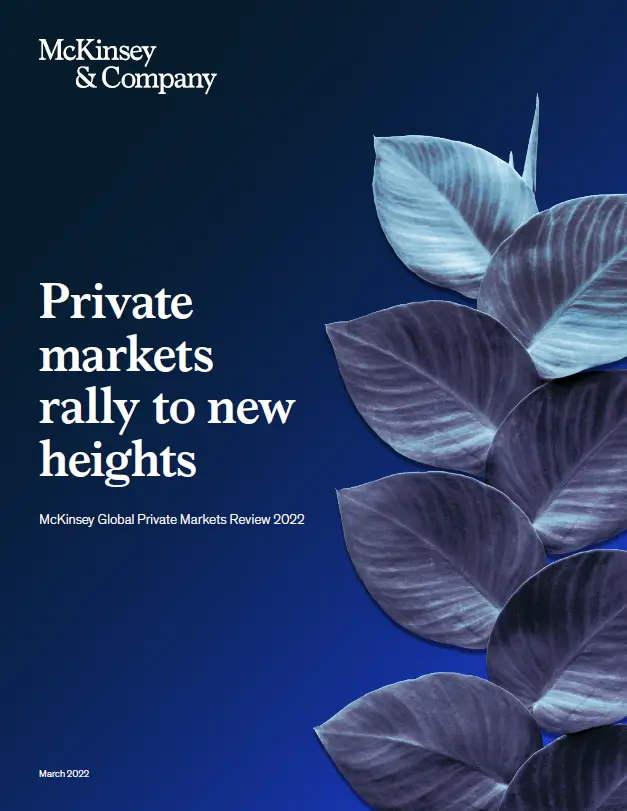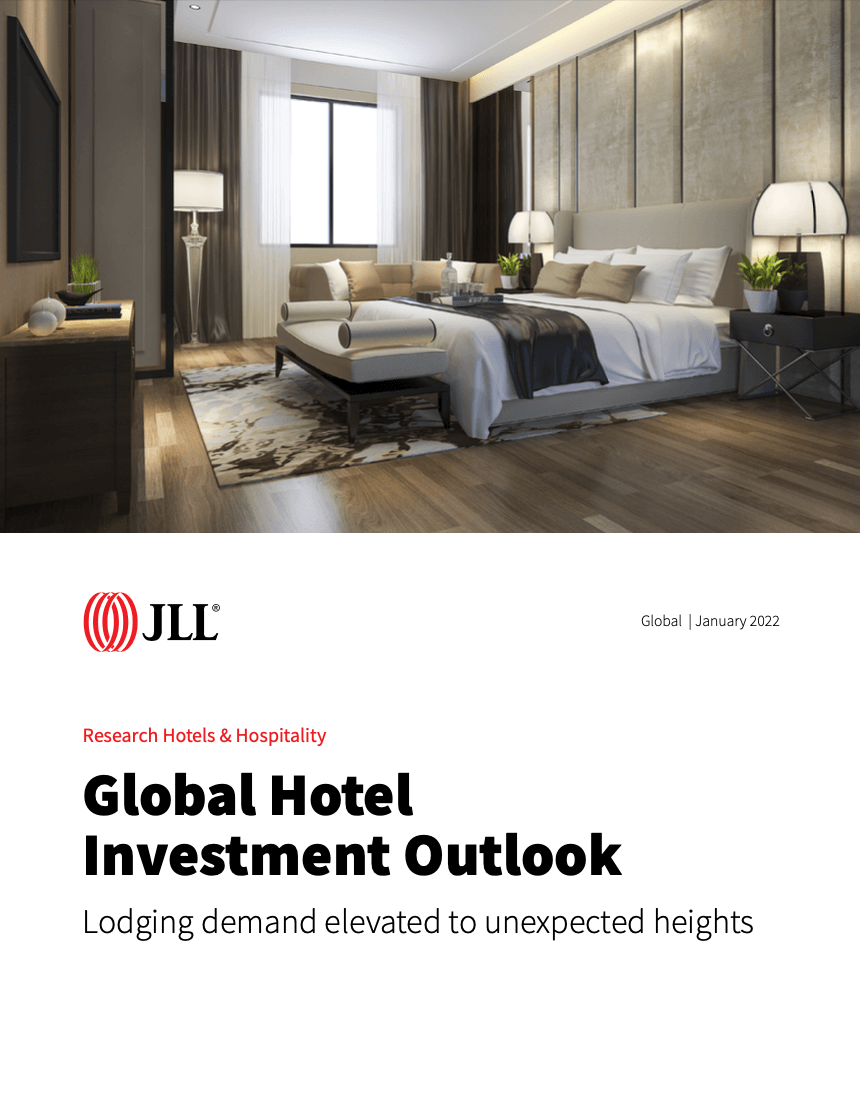Covid mattered so much, but for all it mattered, it didn’t change the way we live…it just sped it up. Those changes are as real as the nose on your face, and just as permanent: or as permanent as anything can be in these days of Twitter tinsel and news by Musk megaphone. When, for example, did you last strap a face mask behind your ears, or fill out a “Location Finder” before flying from here to there…or spend ten days flat without leaving home? Suddenly it all seems so far off, as outmoded as Betamax, or VHS, but Covid was a genuinely life changing experience: radically realigning the way we live today…and the way we’re all going to be living tomorrow.
It’s just not so obvious now as it will be in five years’ time… because major social change always takes a few years to sink in.
Take travel and hospitality for example: before the pandemic it was as easy to jump on a bus as an aeroplane, and dining out and staying in hotels was a commonplace: now they’re commonplace again, but our fundamental approach to travel and hospitality has changed after two years of face masks and location finders. For a start, and naturally enough, after the anguish of enforced lockdowns, travellers are starting to look increasingly at nature based or wilderness locations; sustainable travel is more popular than ever, and we’re flying in ever larger groups (an obvious reaction, you might think, to those still too recent quarantine measures).
At the same time global inflationary pressures are shoring up leisure demand by making it cheaper to travel today, rather than wait until tomorrow: end user facilities have also been upgraded during the long months of the pandemic, making it both easier and more attractive to decide where to take that well-earned break. Small wonder then that visitor numbers are on the up.
Real world variables
But hang on a moment… Let's take another look at some of those key variables again: high end travel, making the most of the economic moment, isn’t the be all and end all it might appear to be. Recent research has also found that while global travel may have caught up by absolute value (which it has), it’s also fallen in volume. Business travel, in particular, remains distinctly muted in the face of a global economic slowdown. So staying ahead of an inflationary curve is one thing, but it’s quite another to be struggling with the day to day realities of surging supply costs.
An outlier and a huge opportunity
That’s precisely why India currently stands out amongst other hospitality and travel destinations: it’s an outlier, unencumbered by the sort of negative or minimal GDP growth currently ailing other western economies; and, as the fastest growing large economy on earth, it also has a burgeoning population set to outstrip China as the biggest on the planet within the next two years, as well as the highest number of domestic travellers globally. In short, significantly increased numbers of travellers post Covid is a huge opportunity for the Subcontinent: especially with its radically improved road, rail and infrastructure projects, all completed over the last decade.
Post pandemic travellers, then, will still seek out areas of natural beauty, and hunt for environmentally sustainable destinations (they’re both now a given)…but they’re much more likely to find them in India.
That’s a message that’s been at the heart of Eco Hotel’s business model ever since it was founded more than a decade ago. We’ve always been on the side of the planet, people, and local communities, because we’re convinced it’s a better way to build a brighter future.






